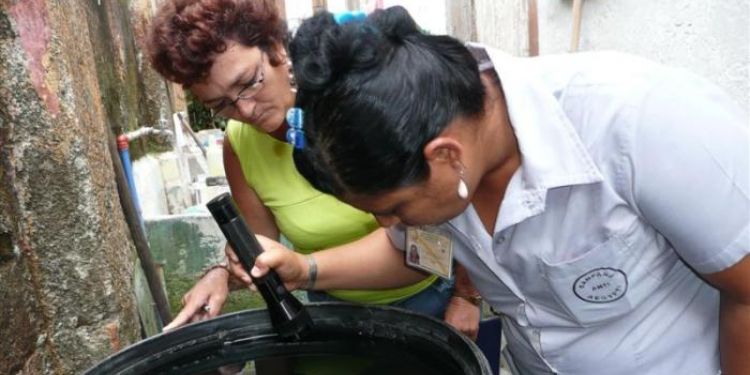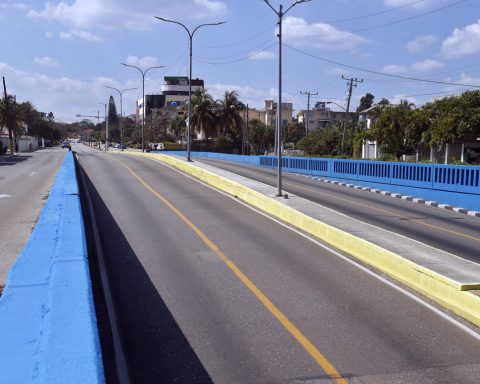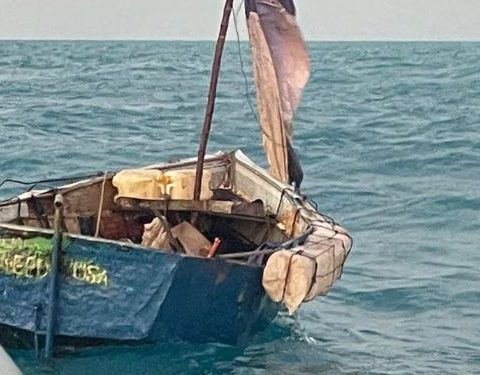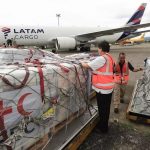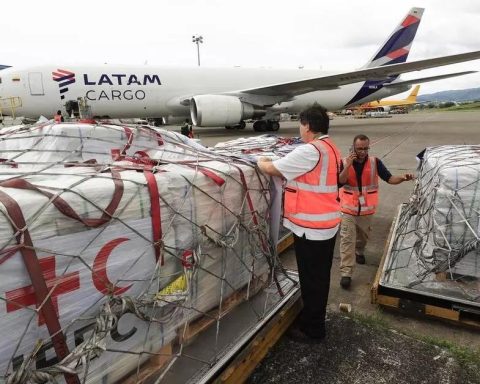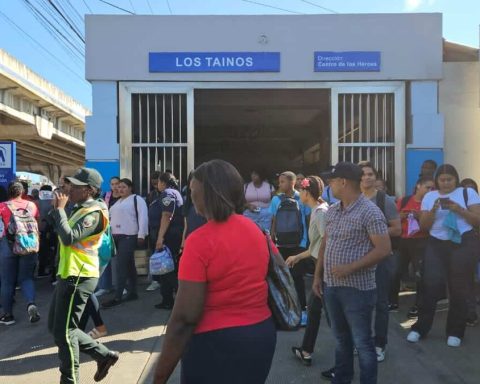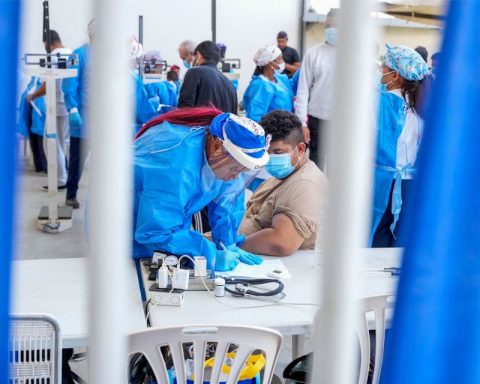MIAMI, United States. – The Deputy Minister of Public Health of Cuba, Carilda Peña García confirmed to Canal Caribe that there are cases of Oropouche fever and dengue in all provinces of the Island.
“There are cases of Oropouche in all the provinces of the country. Therefore, even if there is no circulation in a given municipality, it is in the province, and you travel, you move around and you can be the object of the mosquito bite,” warned the vice minister.
On the other hand, he stated that dengue It is an endemic disease on the Island.
According to official Cuban media, for the first time at this time of year Cuba is facing the circulation of two arboviruses with a very similar initial evolution.
In this regard, Peña García highlighted the difficulty of clinically differentiating between dengue arboviruses and Oropouche fever in the early stages of the disease. “From a clinical point of view, [las arbovirosis del dengue y la fiebre de Oropouche] They are very similar and in the first 24-48 hours it cannot be distinguished,” he explained.
The Deputy Minister of Public Health emphasized the risks associated with these diseases during the first days of infection. She also mentioned that the greatest complications of Oropouche fever are related to “the neurological syndromes that it can cause, such as aseptic meningitis.”
Regarding other diseases, Peña García said: “Today there are no outbreaks of acute respiratory diseases or acute diarrheal diseases in Cuba, but cases that occur.” However, he acknowledged that “there are cases of COVID-19 now”.
The deputy minister urged the population not to self-medicate and to seek medical attention if symptoms appear. “First, no one can self-medicate or make a diagnosis, that is what the doctor is for. If signs or symptoms of any of these diseases appear, you should go to the doctor, who will determine the course of action to follow,” she advised.
However, Peña García did not refer to the serious shortage of medicines and medical supplies that affects the care of patients in their homes and in medical institutions.
On the other hand, the official stressed the importance of eliminating mosquito breeding sites in homes and the community. “We breed mosquitoes at home. Uncovered tanks, roofs with water, clogged canals and many artificial reservoirs in the open air are mosquito breeding sites,” she explained.
He also indicated that “the mosquito that transmits Oropouche reproduces in dirty water and also rests in weeds, grass, and unused objects that we have outside the home.”
Follow our channel WhatsApp. Receive the information from CubaNet on your cell phone through Telegram.
